-
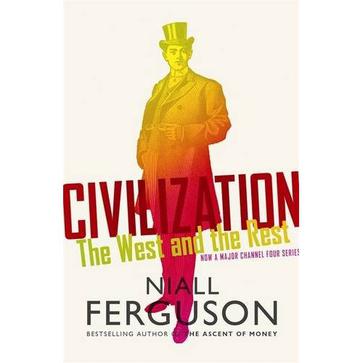
Civilization: The West and the Rest
If in the year 1411 you had been able to circumnavigate the globe, you would have been most impressed by the dazzling civilizations of the Orient. The Forbidden City was under construction in Ming Beijing; in the Near East, the Ottomans were closing in on Constantinople. By contrast, England would have struck you as a miserable backwater ravaged by plague, bad sanitation and incessant war. The other quarrelsome kingdoms of Western Europe – Aragon, Castile, France, Portugal and Scotland – would have seemed little better. As for fifteenth-century North America, it was an anarchic wilderness compared with the realms of the Aztecs and Incas. The idea that the West would come to dominate the Rest for most of the next half millennium would have struck you as wildly fanciful. And yet it happened. What was it about the civilization of Western Europe that allowed it to trump the outwardly superior empires of the Orient? The answer, Niall Ferguson argues, was that the West developed six “killer applications” that the Rest lacked: competition, science, democracy, medicine, consumerism and the work ethic. The key question today is whether or not the West has lost its monopoly on these six things. If so, Ferguson warns, we may be living through the end of Western ascendancy. Civilization takes readers on their own extraordinary journey around the world – from the Grand Canal at Nanjing to the Topkapi Palace in Istanbul; from Machu Picchu in the Andes to Shark Island, Namibia; from the proud towers of Prague to the secret churches of Wenzhou. It is the story of sailboats, missiles, land deeds, vaccines, blue jeans and Chinese Bibles. It is the defining narrative of modern world history. -
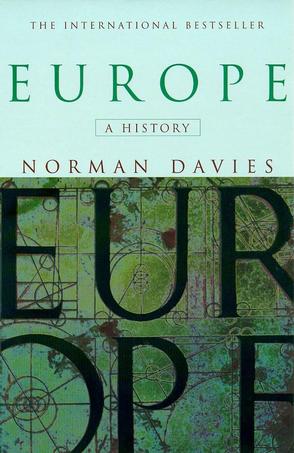
Europe
From Publishers Weekly The pre-eminent scholar of Polish history, Davies (God's Playground and Heart of Europe) expands his focus to all of Europe. While the book is bulky, its size is hardly adequate to a complete history of the continent from pre-history to the dismantling of the Soviet Union. In addition, as one might expect, Davies has taken great pains to treat countries other than England, France and Germany as legitimate parts of Europe?not just as the thresholds over which barbarians crossed. ("For some reason it has been the fashion among some historians to minimize the impact of the Magyars," Davies writes when discussing what would become central Europe. "All this means is that the Magyars did not reach Cambridge.") The book works because his subject is not the constituent countries but the continent as a whole. Thus, while Elizabeth I gets one brief mention in passing, Aristide Briand, the French foreign minister who tried to effect a Franco-German reconciliation until the Nazis won power, gets several paragraphs. Aside from defining what Europe is and giving all countries their due, Davies also tries to show the joys of an inclusive reading of historical subjects (he disparages excessive specialization and writes admiringly of the Annales school). A master of broad-brushstroke synthesis, Davies navigates through the larger historical currents with the detail necessary to a well-written engaging narrative. Copyright 1996 Reed Business Information, Inc. --This text refers to an out of print or unavailable edition of this title. -
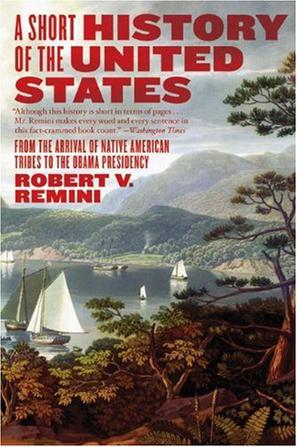
A Short History of the United States
Robert V. Remini's A Short History of the United States is an abbreviated, accessible, lively, and erudite narrative history that contains the essential facts about the discovery, settlement, growth, and development of the American nation and its institutions. Racing across the centuries—from the arrival and migration of Native Americans and the discovery of the New World by Europeans, the American Revolution, the Civil War, the Great Depression, up to the global conflicts of the twentieth and twenty-first centuries—it is a fascinating overview of a great nation's epochs and missteps, and a celebration of its achievements, its unique and enduring strengths, and its abiding commitment to individual freedoms. -
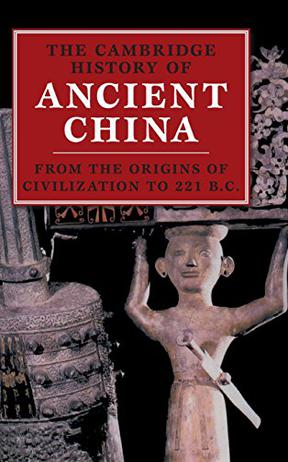
The Cambridge History of Ancient China
-
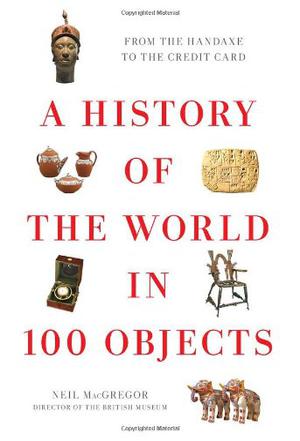
A History of the World in 100 Objects
In A History of the World in 100 Objects, Neal MacGregor, director of the British Museum, takes readers on a tour of the world by way of its material goods. From everyday items such as pots, utensils, and money to valuables such as art and jewelry, MacGregor shows that the things humans have left behind are often as rich and informative as written texts. Whether it's a strange and unique object like a throne made of rifles from Mozambique or a medieval German crystal, or a familiar one like a sculpture of the head of Augustus or Hokusai's painting The Great Wave, MacGregor skillfully weaves each one into the fabric of the society that it came from. In that sense, the book is much more than a museum catalog: it's a hundred keyhole views into a hundred different societies from around the world and throughout history. -
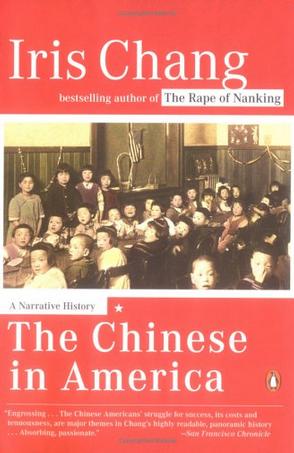
The Chinese in America
In an epic story that spans 150 years and continues to the present day, Iris Chang tells of a people’s search for a better life—the determination of the Chinese to forge an identity and a destiny in a strange land and, often against great obstacles, to find success. She chronicles the many accomplishments in America of Chinese immigrants and their descendents: building the infrastructure of their adopted country, fighting racist and exclusionary laws, walking the racial tightrope between black and white, contributing to major scientific and technological advances, expanding the literary canon, and influencing the way we think about racial and ethnic groups. Interweaving political, social, economic, and cultural history, as well as the stories of individuals, Chang offers a bracing view not only of what it means to be Chinese American, but also of what it is to be American.